6 in the Six: Turning the Wheel: Leaving the Full-Time Theatre Life
Intermission is officially 6! Six exciting and unpredictable years of fostering connections between artists and audiences, of encouraging and curating discussions about the great landscape of Canadian theatre. To celebrate our journey, we’re bringing back our top six performing articles from the past six years, released monthly for the next six months, to remind our audiences of how far we’ve all come.
For August, we’re looking back on our top article of 2021: Aly Joy Richardson’s vulnerable and honest journey through and beyond a career in the arts.
Ordinary World
Let me start by saying: I’m no quitter.
I come from a family of marathon runners. I made friends with fear and uncertainty a long time ago as an artist and entrepreneur. I’ve never waited for anyone’s green light to let me make my art.
This isn’t a “my ship never came in” story.
This is a “I built my ship, sailed it, loved it, and now the wind and my compass are leading me somewhere new…and it feels taboo to talk about it” story.
I’m also a maritimer. The ship metaphors are just getting started.
Call to Adventure
I moved from Nova Scotia to Ontario in 2009 for theatre school. I didn’t want to leave home – and I said as much to my mentor one day while packing up after a workshop.
“I don’t even know if it’s worth leaving Halifax – I feel like I’m gonna end up back here anyway.”
He smiled while stacking sheet music. “Maybe you will. But the hero has to leave home.”
I felt simultaneously exhilarated and cursed by his words. I knew he was right. I had to leave, and it wasn’t going to be easy.
I moved to Mississauga for four years as a theatre student and then to Toronto. I’ve lived and worked in Toronto’s theatre scene for eight years now as a director, playwright, producer, and educator.
I wouldn’t trade a single minute of it.
Tests, Allies, Enemies
It’s not all been smooth sailing – one spring I got shingles up the side of my neck from overworking. The Artistic Director I was assisting at the time asked me why I hadn’t been vaccinated. I answered, “I’m 25. They don’t give the shingles vaccine to 25-year-olds.”

There was the summer I broke out in such relentless stress hives, I convinced my partner we must have bedbugs. When a full bug-treatment didn’t clear the hives, I went to three doctors. One asked where I was working (she thought the hives could be an environmental reaction). I remember a flicker of panic as I explained, “I’m a theatre artist. I work…everywhere.” A montage played in my head of every different place I’d worked that week alone, from my box office job, to my Standardized Patient work in hospitals, to numerous rehearsal spaces and theatres, to the school gyms with my TYA show, to every cafe I’d worked in during stolen hours between gigs, secretly eating a packed dinner out of my backpack so I wouldn’t be reprimanded for eating “outside food”.
And then, there was the cold, rogue wave of dread that started to crash over me every time I’d think: how can I be a full-time theatre artist and a parent? Can I afford that? Will I be happy? Am I ever going to feel stable? Does this subtle drone-note of existential worry ever stop?
But we’ll get to that.
Approach To The Inmost Cave
In July 2019, I finished my contract as Artistic Producer of Toronto’s Paprika Festival. That summer marked the end of several years of non-stop work and contracts for me – a blessing for any artist, but by the end of it I was feeling brittle and spent. I remember joking to a friend: “When I reach down into the well for creative ideas, all I come up with is a handful of sticky notes with to-do lists on them.” I was proud and I was grateful but the well was dry, my friends. And despite the steady flow of gigs, my life still felt precarious and unpredictable.
After leaving the office for the last time, I walked through Alexandra Park. I sat down under a tree and wrote in my journal. I wrote about two things that day:
One – I outlined my plan to propose to my partner of six and a half years.
Two – I swore to prioritize my writing at all costs from now on.
I was 28, but I already felt I was in the climactic “Resurrection” part of Joseph Campbell’s “hero’s journey” story structure. This was the do or die, right? I promised myself I’d charge full tilt at writing for the next two years and see if I reached enough financial/job stability to be able to have kids. If, at the end of two years that stability still seemed years away, then I’d pivot away from theatre. I felt like I had to have everything in place by age 30 or…all would be lost, somehow.
This was not a matter of “Guess I better start working hard now.” I’ve been an early-riser, go-getter my whole life. Nor was this some kind of magical thinking: “If I just want it more, then it’ll happen.” I have a fearless, cold-eyed (albeit lazy-eyed) perspective on my work. When it comes to career strategy…I’m a goddamn, lazy-eyed shark.
So, back to me under the tree, committing myself to a marriage proposal and a ruthless two-year test in which to make it all happen.
Well, I have good news and bad news.
Good news: my partner said yes. I got down on one knee at the corner of Bloor and Shaw and gave him a ring inlaid with concrete from that same corner (where we’d had our first kiss almost seven years ago).
Bad news: eight months later, we were in a global pandemic.
Cut to cancelled wedding. Cancelled shows. Cancelled everything.
Ordeal
This threw a…bit of a wrench in my whole two-year test. But for the first 100 days of COVID, I felt surprisingly good. My partner came home from a job away. We had evenings and weekends off together for the first time in our lives. We were safe and secure in our small apartment.
I had time to write. And I did. I wrote like the devil was on my back. Because she was…and she wore a very loudly ticking watch.
A global pandemic didn’t change my two-year test! No way. Now, I had one year and three months left to get my artistic career to a place where I felt stable and secure enough to start a family. And I’d have to do it in a pandemic.
I wrote like hell. I submitted and pitched and called and schemed.
Then Day 100 of the pandemic arrived.

The initial adrenaline ebbed. The world was still halted. And I was hit by a wave of panic and clarity that threatened to capsize my trusty ship.
Panic, because my beloved theatre industry was so profoundly destabilized.
Clarity, because I realized I didn’t want to wait any longer. I didn’t want to keep waiting to have more control over my life and my happiness.
Once again, I felt both cursed and exhilarated.
I’ll take it from here, Joseph Campbell.
This is where the tidy hero’s journey ends.
This is the part that scares me to share.
I’m scared someone will think I’m calling on all theatre artists to jump ship, or that I’m devaluing the work and courage of those who are choosing to buckle down and weather the storm. I’m scared someone might think I’m giving up. I’m scared it could sound like I think artistry and parenthood are mutually exclusive.
But when I manage to peer over the heads of my fear-demons (they’re tall, like me) I see my reasons for writing this piece in the first place.
I believe we need more non-linear stories of careers. We need more stories of people designing their own lives. We need more models of what it looks like to be an artist. We need honesty.
COVID helped me realize that what’s most sacred to me is my writing. It’s the part of my career I’ll protect at all costs. It’s what I’ll save from the fire of this pandemic.
But lately, the devil on my back whispers, “This better be good. This better be sooo good that you make it big and become financially stable enough to have kids before it’s too late for yooou…” I don’t want to write that way anymore. I don’t want to live that way anymore.
I have no regrets about spending my twenties giving theatre my all (not even about the shingles). I don’t see it as “I tried to get somewhere and I didn’t.” These years have been their own complete adventure and success.
What it comes down to is this: in the last couple years, the investment of a full-time theatre life was no longer matching the soul points I got in return.
I’m retraining to work in mental health. This makes me feel the precise combination of fear and excitement that has always pointed me in the right direction. And I will keep writing. As I recently said to my therapist, “My life feels long again.” For years, I’ve felt rushed. I couldn’t see past 30 because I felt I had to make it all happen by then. So did the rest of my life even matter?
Now, I’m designing a life that’s good for my art (and for me) in the long run. What sustains me sustains my writing. This is what I swore to my journal in Alexandra Park – I’m prioritizing my writing at all costs. I just didn’t realize the cost would be moving on from a life 100% in the theatre world. I know I’ll never leave theatre completely – but I’m not asking it to be my everything anymore.
I told friends my plan gradually over distanced-park-visits and phone calls. I worried they’d think I was pivoting only out of COVID panic. I worried the artists I’ve mentored would feel betrayed or let down by me – as if I’d led them to a place I myself was running from. None of this came to pass. One past student breathed a sigh of relief on the phone and shared her own plans to combine her theatre work with new pursuits. My friends were surprised, but they were wholly supportive.
I called my older sister and (afraid to make it real) said, “I think I’m changing careers.”
She countered: “You’re not changing careers. This is all your career. It’s one long road. This is just a new part of it.”
So I share this big sister wisdom with you: It’s all your career. It’s your own hero’s journey. Pivots aren’t failures.
Write your own story.



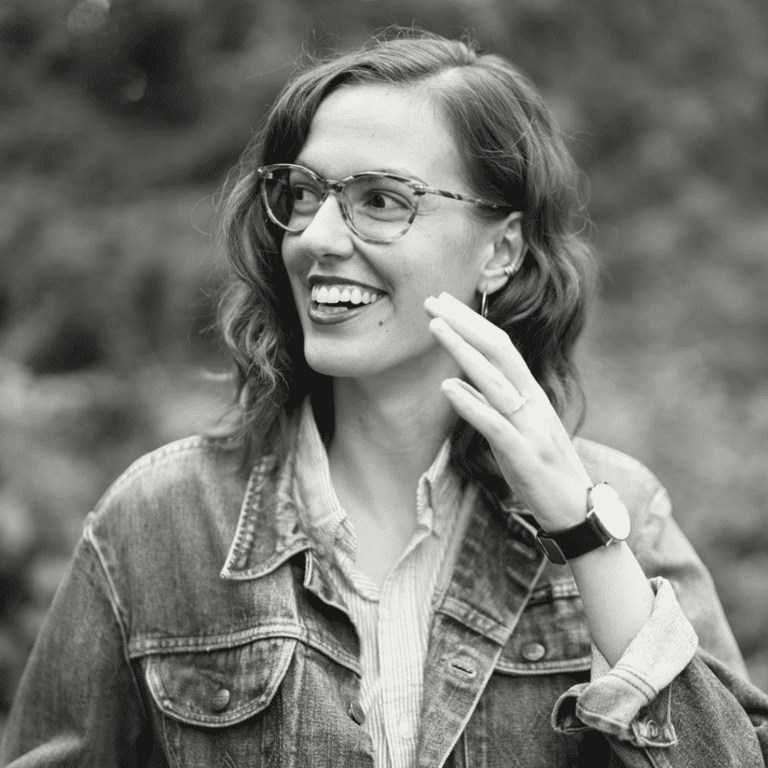
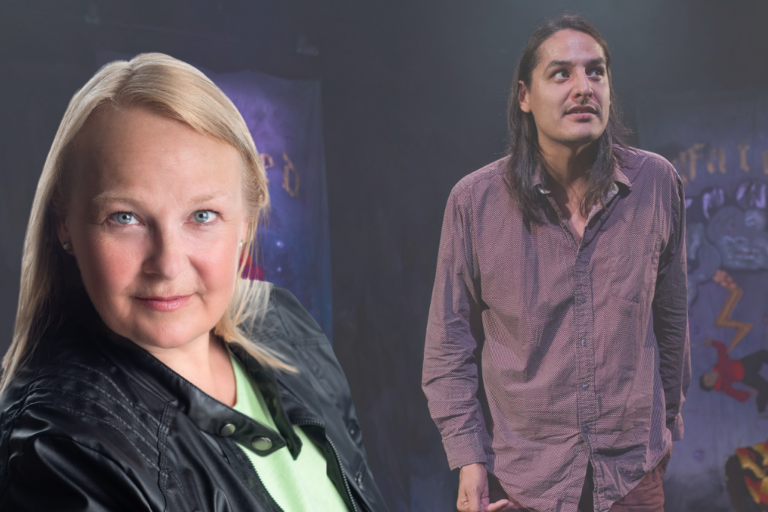
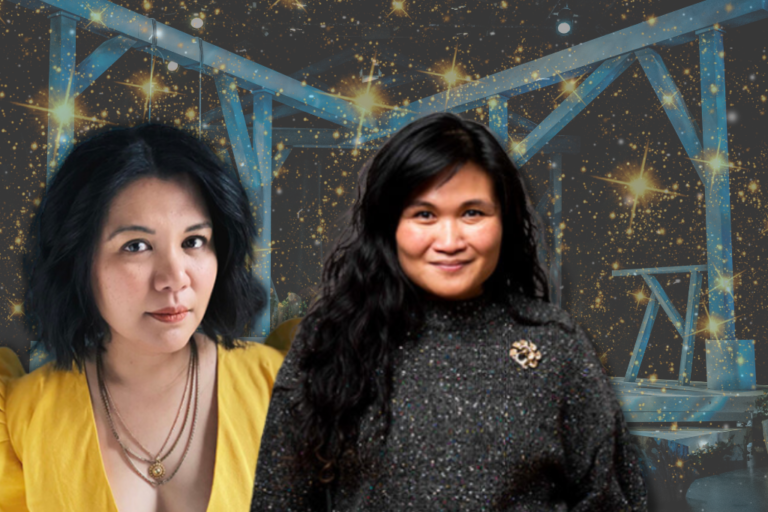
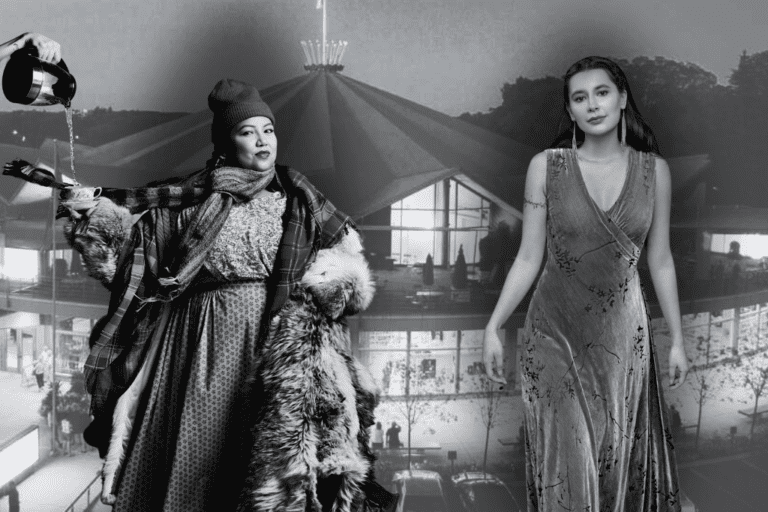

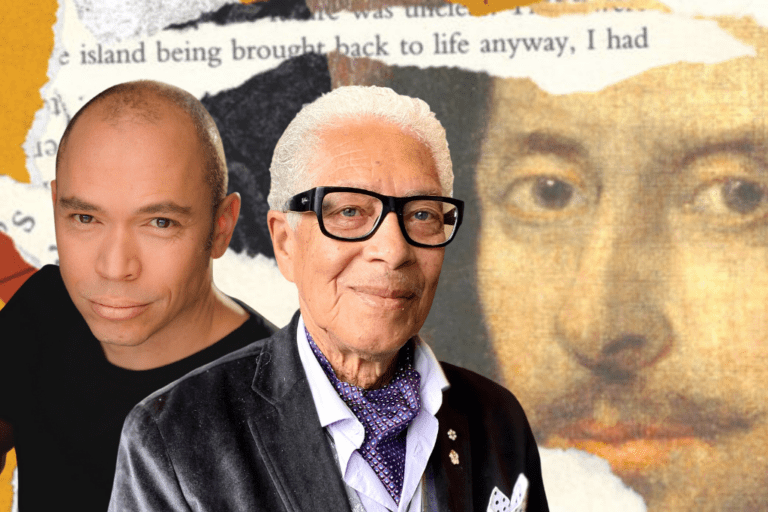
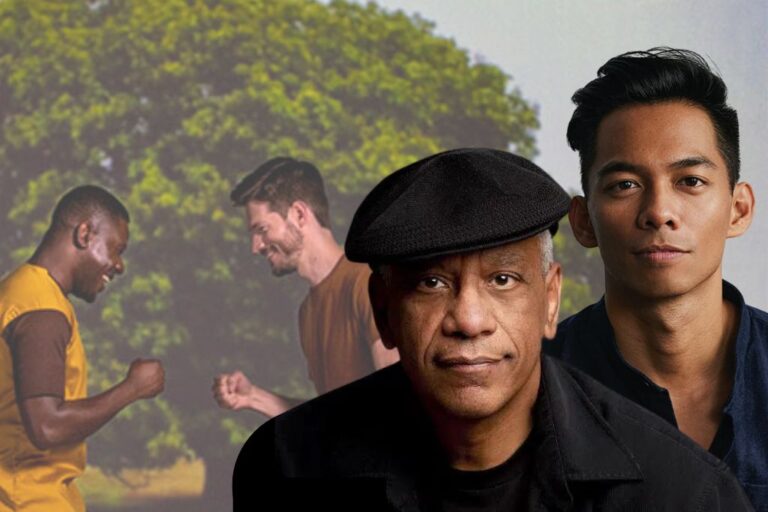
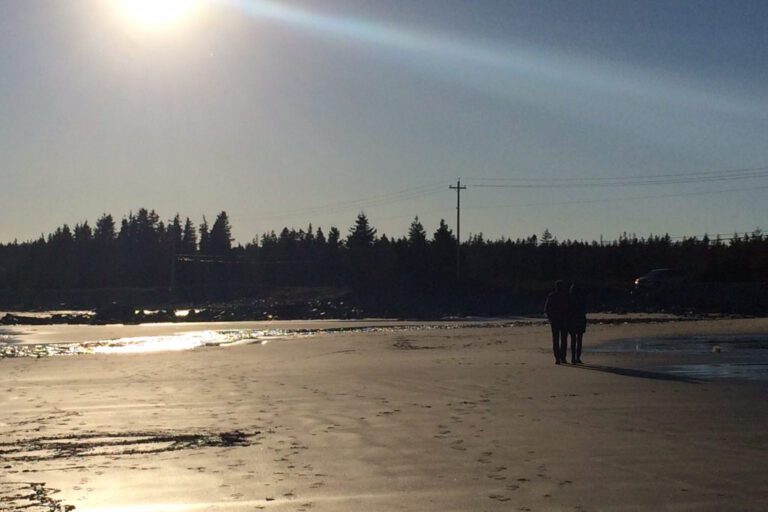
Comments